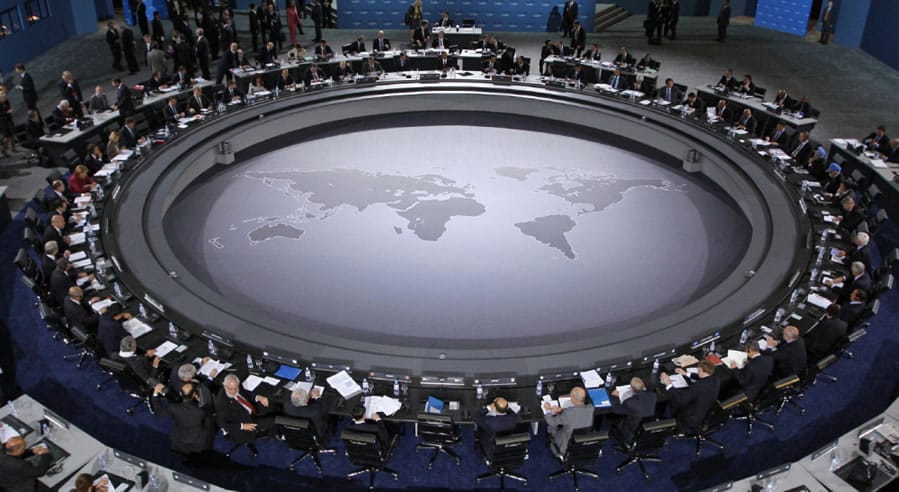
Global Governance Essay
Global governance means a direction toward political cooperation between different nations aimed at addressing a wide range of global problems that affect each nation. There are several institutions of global governance, including the United Nations, the World Bank, the International Criminal Court and others. Hence, there is no global government to control the world collectively. These institutions, both intergovernmental organizations, and nongovernmental organizations help to provide to global governance in a proper way. According to experts, global governance allows finding solutions to common problems that affect the world in an adverse way (Lechner & Boli, 2014). The issues or threats addressed through global governance include reduction of environmental threats, nuclear threats, addressing peace, security and social justice issues, and other issues.
Moreover, it is necessary to identify the types of actors important in global governance. These actors include governments and non-state actors, such as NGOs, business organizations like MNCs and science organizations like the International Council for Science and the Intergovernmental Panel on Climate Change. These types of actors serve their roles in establishing the proper conditions for the processes of globalization. According to Dodgson and colleagues (2014), “globalization is reducing the capacity of states to provide for the health of their domestic populations, and by extension, intergovernmental health cooperation is also limited (p. 297). Non-state actors help to deal with this problem through increased cooperation (Ritzer & Dean, 2015).
Besides, it becomes clear that globalization is diluting the role of the nation-state. Nation-states are focused on developing networks to address the challenges caused by globalization. Nation-states can be transformed to form networks like allied nation-states and international network of states (Meyer et al., 2014). Civil society organizations are important in addressing global threats. Due to the strengthened roles for civil society organizations and especially NGOs, it is possible to resolve many complicated problems, including global health issues. INGOs help to ensure effective practices in the areas of science, engineering, knowledge management, sports, hobbies, management techniques, medicine, and others (Lechner & Boli, 2014).

